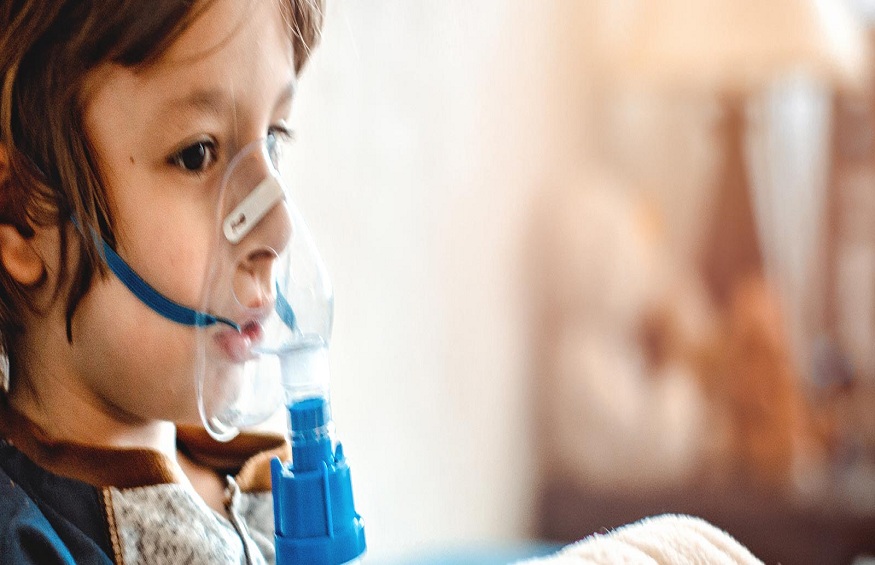Childhood is a time of growth, exploration, and discovery. However, it is also a period when children are more vulnerable to infectious diseases. Paediatric infectious diseases pose a significant health concern worldwide, affecting millions of children each year. The fight against childhood infections requires a multidimensional approach that includes vaccination programs, public health initiatives, and education.
In this blog post, we will delve into the importance of combating paediatric infectious diseases and explore some key strategies in this ongoing battle.
Vaccination: A Shield of Protection
Vaccination is one of the most effective tools in preventing and controlling infectious diseases in children. Immunization programs have successfully reduced the incidence of diseases such as measles, polio, and whooping cough. Vaccines work by stimulating the immune system to recognize and fight specific pathogens, providing a shield of protection against infections. By ensuring high vaccination coverage rates, we can safeguard children from potentially life-threatening diseases and help eradicate them altogether.
Public Health Initiatives: Promoting Hygiene and Prevention
Public health initiatives play a crucial role in combating paediatric infectious diseases. Promoting good hygiene practices, such as regular handwashing, proper sanitation, and safe food handling, can significantly reduce the transmission of infectious agents. Educating parents, caregivers, and communities about disease prevention strategies empowers them to make informed decisions and take appropriate actions to protect children’s health. Additionally, public health organizations play a vital role in surveillance, early detection, and containment of outbreaks, thereby preventing the spread of infections.
Education and Awareness: Empowering Communities
Educating communities about paediatric infectious diseases is essential for prevention and early intervention. Providing information on common diseases, their symptoms, transmission modes, and prevention methods helps parents and caregivers recognize potential threats and seek timely medical attention. It is crucial to dispel myths and misconceptions surrounding vaccines and promote evidence-based information to build trust and increase vaccination rates. Empowering communities with accurate knowledge equips them to make informed choices and actively participate in the fight against childhood infections.
Antimicrobial Stewardship: Preserving Effective Treatments
Antimicrobial resistance has emerged as a significant global health concern. Overuse and misuse of antibiotics contribute to the development of resistant strains of bacteria, making infections harder to treat. Implementing antimicrobial stewardship programs in healthcare settings promotes the appropriate use of antibiotics, reduces unnecessary prescriptions, and ensures that these life-saving medications remain effective for future generations. Rational prescribing practices and education on the responsible use of antibiotics are crucial in curbing the rise of antimicrobial resistance and preserving effective treatments for paediatric infections.
Research and Innovation:
Advancing the Field Continued research and innovation are essential in the fight against paediatric infectious diseases. Ongoing scientific advancements contribute to the development of new vaccines, diagnostic tools, and treatment modalities. Researchers and healthcare professionals collaborate to improve the understanding of infectious diseases, identify emerging threats, and develop strategies to prevent, diagnose, and manage infections in children. By investing in research and fostering innovation, we can stay ahead of evolving pathogens and ensure better health outcomes for future generations.
Conclusion
Paediatric infectious diseases remain a significant global health challenge, but through a comprehensive approach, we can make significant strides in protecting children from these infections. Vaccination, public health initiatives, education, antimicrobial stewardship, and research all play crucial roles in the fight against childhood infections. By embracing these strategies, we can create a safer environment for children, reduce the burden of infectious diseases, and give every child the opportunity to grow, thrive, and reach their full potential. Together, we can win the battle against paediatric infections and create a healthier future for generations to come.



